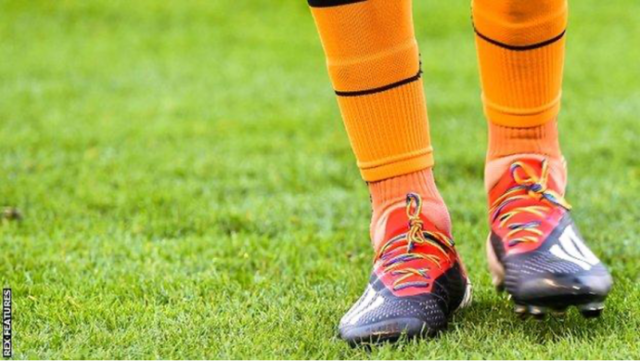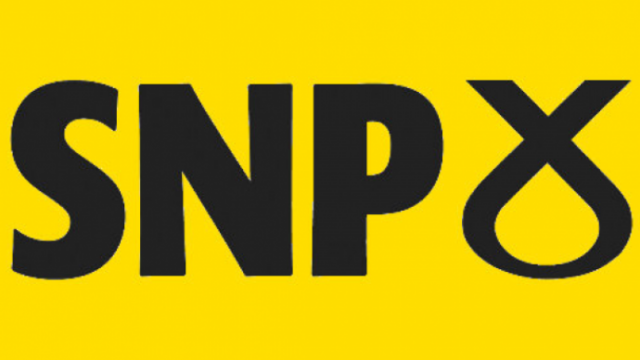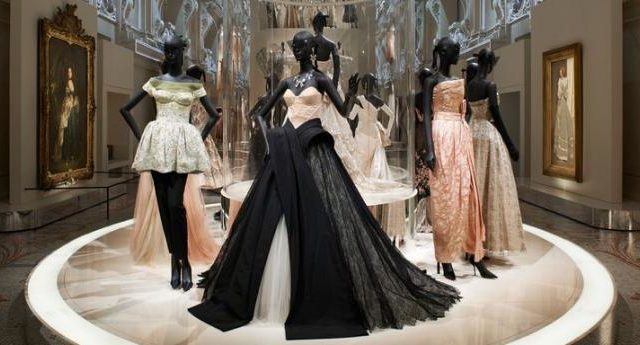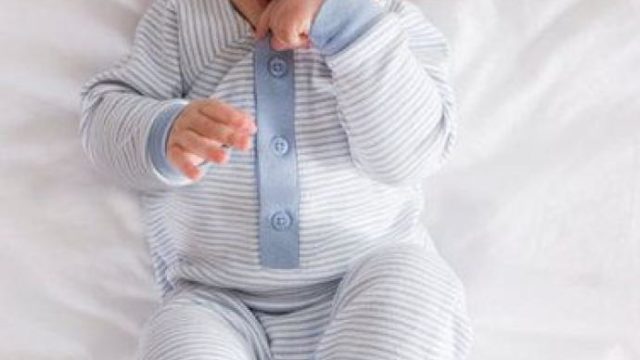iPaulina

Why Is Sports Still Not ‘Everyone’s Game’?
How does coming out as gay or bisexual affect members of the sporting world?Sunday 11 October marked the UK’s National Coming Out Day. While coming out is never an easy thing to do, many athletes fear that they may be judged harshly by their peers and that their careers will be affected by coming out. Even with growing acceptance of LGBT+ people in wider society, the sporting world is still littered with homophobia and gender stereotypes.
This is especially noticeable in traditionally male sports, such as American football. Ryan O’Callaghan, a former member of the Kansas City Chiefs and the New England Patriots said in 2019: “I think it’s safe to say there’s at least one [player] on every team who is either gay or bisexual. A lot of guys still see it as potentially having a negative impact on their career”. On the other hand, Chris Culliver, a San Francisco 49ers player was asked if he thought any of his teammates were gay, to which he replied, “No, we don’t got no gay people on the team, they gotta get up out of here if they do”. Culliver received criticism for these comments and eventually apologized.
Stereotypes are often a concern too. Lesbians are often generalised as masculine, whilst gay men are labelled as feminine. Many are concerned that these stereotypes may make them seem less talented and unfit to play in a professional team. Casey Stoney, a former player and current coach for the women’s Manchester United team told BBC sport that until she came out she “was living a lie… to the outside world, [she’d] never spoken about my sexuality”. Tennis player and coach Martina Navratilova spoke in 2010 about why she thought there were not many lesbian athletes publicly out. She said she believed that “there is a kind of reverse homophobia with women because they have to almost prove they are straight”. Women in sports are often reluctant to come out as they feel that they contribute to the stereotype that all female athletes are gay.
Attitudes towards LGBT+ people in sports have improved significantly since the late 20th century. Gay Olympic figure skater Adam Rippon said in a statement that he understands why one might choose to stay in the closet on National Coming Out Day. However, he said he felt that it was “necessary” for him to come out so he could be a role model for younger athletes. Nowadays, there are many more LGBT+ professional athletes, including diver Tom Daley and field hockey players Kate and Helen Richardson-Walsh, who made history by becoming the first same-sex couple awarded a gold medal.
However, the levels of acceptance and representation varies greatly between different sports. Coming out as lesbian, gay or bisexual is very challenging for sports players and can affect the way they are treated and respected by both fans and peers. In order to create a safe environment for athletes to come out, sports organisations must be committed to ending the stigma around being an LGBT+ sports person. There are many levels to this change, starting with public acceptance, but to truly make sports for everyone, regardless of sexual orientation or gender identity, society may need to break down popular stereotypes – something that could take years to fully achieve.
Issy VI







